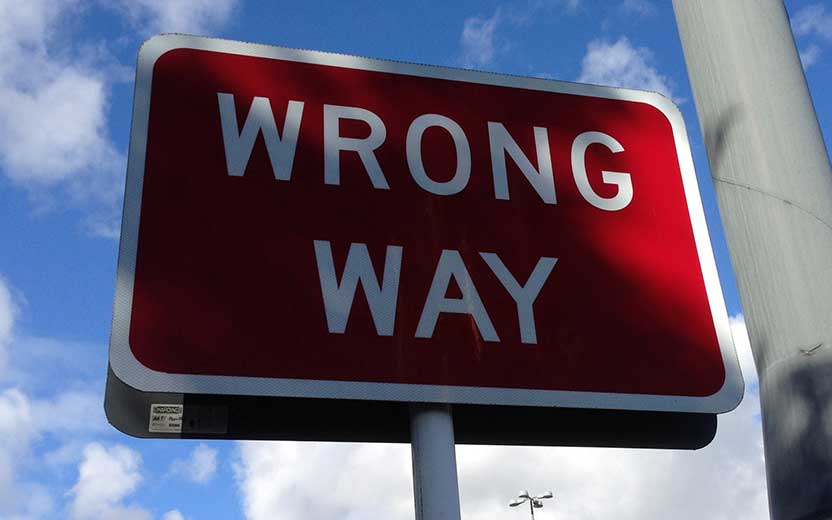By Marcus Fernandez
If you or a loved one sustained injuries as a result of another party’s negligence or malicious intent, you might be considering filing a personal injury claim. However, before you file a claim and pursue legal action, there are some important items to consider to help you prepare.
In addition to contacting an attorney to discuss the claims process and what it involves, take the following into consideration when deciding to seek compensation.
There Are Many Types of Personal Injury
Many people often think of vehicle accidents when they hear about personal injury, but the fact is that personal injury cases can involve any injuries sustained because of another party’s negligence, whether that party is an individual or an entity such as a business. In addition to car accidents, a personal injury case could revolve around other types of incidents such as slip and fall accidents, dog bites, defective products, medical malpractice, unsafe property, or even wrongful death.
Your Personal Injury Case May Take Time
People want to reach instant settlements when filing claims, which is understandable given the many losses that a person might suffer in a short amount of time following an accident. Unfortunately, the claims process can be complicated and there are certain challenges that individuals might face when filing a claim. To avoid the potential headache of an elongated process, many people might take the first offer that the liable party or insurance company makes, but oftentimes these offers are far less than what the case is actually worth.
If you want to reach the best possible settlement in a personal injury case, keep in mind that the process can take some time, but it may be worth it if it means you can increase the settlement amount. Prior to accepting the first offer you come across, speak with an attorney who can assess your case, and determine if you may be eligible to receive more.
The average personal injury case can reach a settlement within months of filing a claim, but cases that go to trial can take over a year in some instances. With the help of a lawyer, you can gauge how long your case is likely to take.
What the Insurance Company Offers May Be Less Than You Deserve
Insurance companies aren’t always on your side. In fact, they typically avoid paying as much as possible to help them save money, which can result in unfair payouts. While many people might accept the initial offer to complete the claims process as soon as possible, minimal payouts can do more harm than good if you require ongoing treatment and are unable to return to work following the accident.
There Are Many Kinds of Compensation Available
Accident victims are often eligible to recover compensation for a wide variety of damages, including both monetary and non-monetary damages such as:
- Property damage
- Lost wages due to time is taken off from work during recovery
- Medical expenses for past and ongoing treatment
- Pain and suffering, including physical and mental distress
Cases involving wrongful death claims may also be able to recover compensation for other damages including:
- Loss of benefits and financial support
- Medical costs before the person’s death
- Burial and funeral costs
- Emotional distress following the loss of companionship
Each case will be different, warranting different types of compensation depending on the extent of the accident and injuries.
Documented Evidence Is Integral to a Case
If you believe that negligence or even intent to harm caused your injuries or the death of a loved one, you will need plenty of evidence to support your claim. It’s important to gather as much documentation as you can to support your case, including medical records, proof of lost wages, police reports, and other evidence that an attorney may help obtain. It’s important to pay attention to the statute of limitations when they apply to a personal injury case, Florida Statutes section 95.11(3)(a) grants you four years from the date of the accident to file a civil lawsuit seeking compensation. This makes it necessary to work quickly to collect evidence and file a claim.
Your Case Could Go to Trial
While most personal injury cases don’t wind up becoming lawsuits, failure to reach a favorable settlement could mean the case will go to trial. During a personal injury lawsuit, both parties will present evidence supporting their arguments, and a jury or judge will decide not only the general outcome of the case but also the specific amount the claimant may receive.
Working with a Dependable Attorney Can Be Invaluable
In some personal injury cases involving minor accidents and minimal injuries may not require the involvement of an attorney, but many cases could involve extraordinary medical costs, lost wages resulting from an inability to return to work, and other expenses that put a lot at stake.
If you’re facing many expenses and other damages because of another party’s negligence, it’s best to consult with a reputable Tampa personal injury attorney who may be able to represent you both in and out of court. Make sure to find the right attorney with experience in your specific type of personal injury, which can help increase your chances of reaching a favorable settlement or winning a lawsuit if the case goes to trial.
Keeping all of these aspects in mind can help prepare you to file a personal injury claim and build your case. If you’re in need of legal advice and want to determine if you have a case, consult with a personal injury lawyer to discuss your options.


